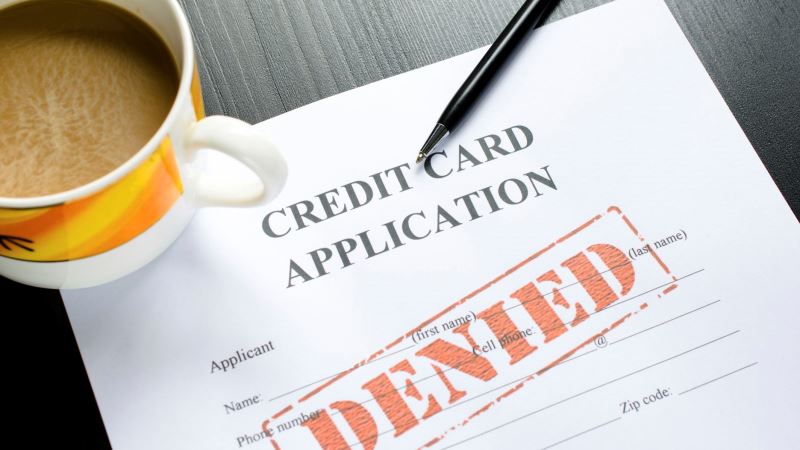
The article is about Applying for a Credit Card. Using a credit card is easy. However, applying for one isn’t always the case. Wading through all the different providers and all the different offers is overwhelming enough without adding to it the process of applying. Credit Card suppliers have utilized the internet to make the application process more convenient, but there’s still a lot you need to know about what information Asuransi Prudential you need to give and why you need to give it to apply for a credit card.
Before applying for a credit a good deal of research should be done to understand the terms and conditions of various credit cards as well as what the different providers offer. Pay close attention to any fees and charges tied to the use of the card, such as the cash advance and balance transfer fees. What’s considered most important by many is the annual percentage rate, or APR.
Simply put, the APR is the total cost of borrowing money for purchases based on fees, interest rate, and the credit amount given to a consumer. The APR is the best barometer for comparing different credit cards’ costs. Review the provider’s services, offers, terms, and rewards for different plans to find the one that meets the most of your requirements and you can safely afford. For more on these subjects visit our other article pages for more in depth detail.
There are many different websites, such as this one, geared towards offering consumers quick online access to applications for numerous credit card providers. The online application process has been fine-tuned over the years and most sites are now very secure for this process. However, if you have reservations about giving your information online you can still apply either with a paper form issued by your credit card supplier of choice, or you can call them on their toll free number.
This info should be readily available as you research the numerous credit card suppliers. Do make sure if you’re applying through a form that it is an original document, not a copy, and that it’s endorsed by that provider. Applicants should be aware that there could be a difference in the types of cards that are offered based on how you’re applying as well as if there is an application fee and its amount.
Once you’ve decided on your method of applying, it’s time to focus on the required information. First things first, make sure to read the application in its entirety. Not everything is included in the comparison overview of credit cards and the information can also be different than what you originally saw. It’s sometimes in the credit card provider’s best interest to have you skim over and miss things, that’s why they call it fine print.
Credit card applications aren’t standard. All providers have their own version, and they are almost always going to be specific to the exact kind of card you are applying for with that provider. There is basic criteria that you will be asked to provide such as you name, contact info, social security number, address, and date of birth.
Many also require more in depth information like job status, salary, driver’s license, length of time at your current address, if you own the home you live in, and more. Some questions will be directed more to the card itself such as who all is authorized to use the card. However, it isn’t the norm for an application to ask you to list your bank account number or balance.
Main purpose for all this information is so that they can verify it, which means you must be as accurate as possible. Any discrepancies will hold up the approval process or even lead to a denial on the application. The other reason they need this information is so that they can check your credit score. Your credit score is the key consideration for creditors choosing whether or not to issue you a credit card. For this reason, it is in your interest to find out what your credit score is before applying if you don’t know it already.
Credit card providers use your credit score as an indicator as to what kind of borrower you are by your past borrowing habits. How much you have borrowed in the past, how much debt you already have, and your payment history among other things are all looked at and analyzed. Though you can apply for different credit cards simultaneously, it’s not in your best interest because your credit score is checked each time and numerous checks in a short period of time can negatively affect your score.
The amount of time it takes to approve an application after it’s completed and sent to the creditor depends on the lending institution and sometimes the method with which you applied for the credit card. Lenders tend to give a speedier reply to online applications but that isn’t always the case. You could hear back on whether you qualify in as short a time period as 24 hours if you apply online, however it could take a matter of days or even a week or more.
The bottom line is to be responsible in deciding what credit card to apply for. Be careful of the downsides that go along with benefits, accepting a tempting high credit line that might be more than you need, and all of the costs associated with this new credit. Remember, credit cards are a privilege not a right and can test your financial responsibility.